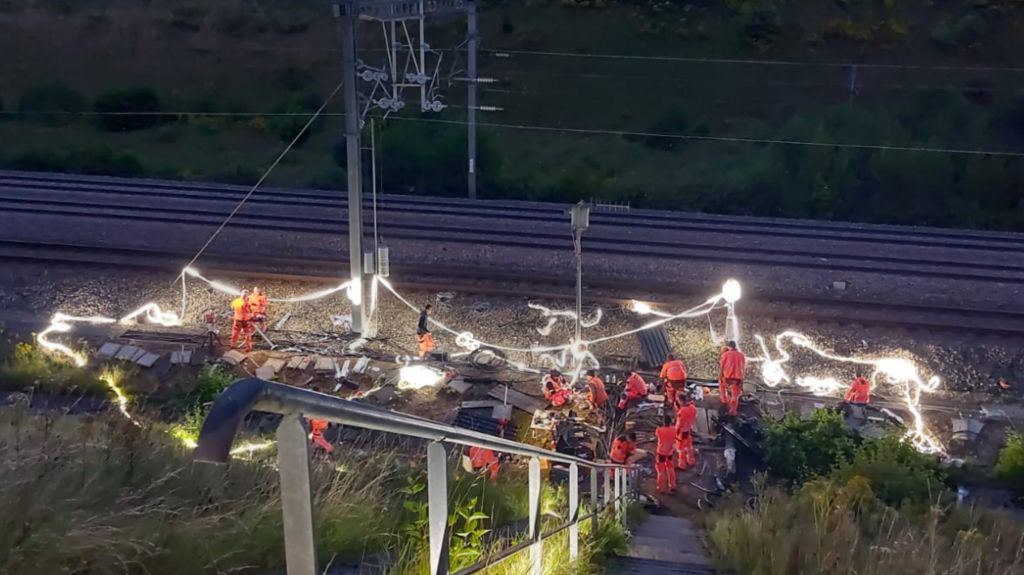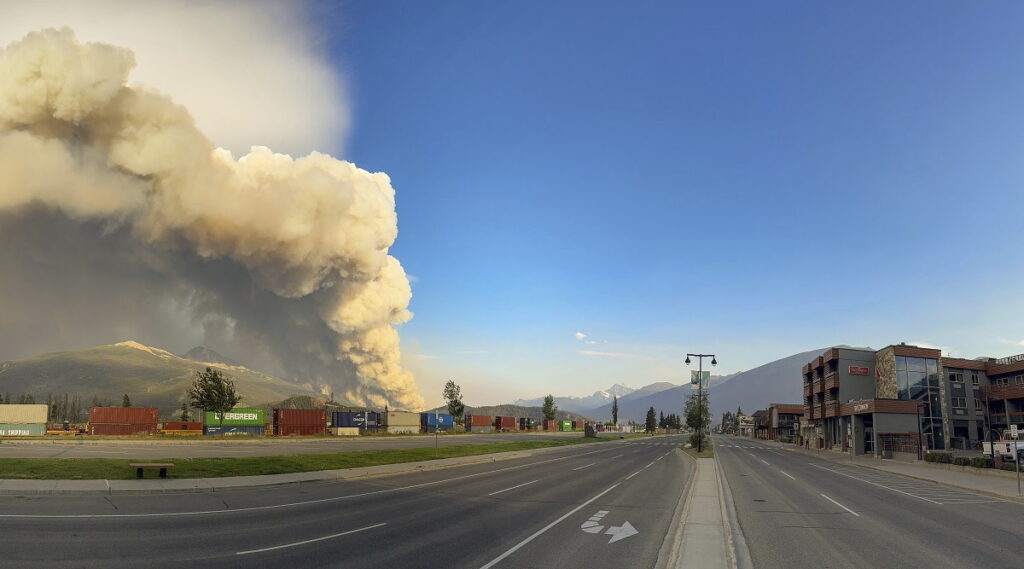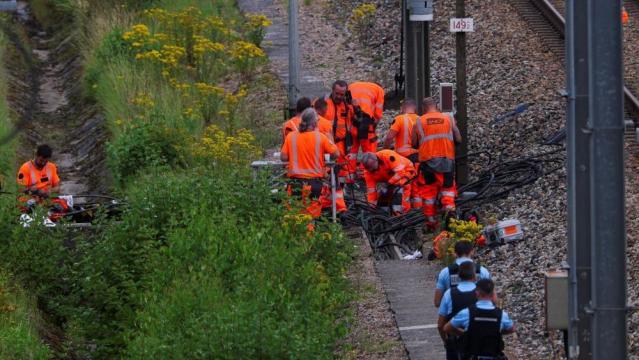Bulgaria and Romania have officially become part of Europe’s expansive Schengen area of free movement as of Sunday, facilitating travel by air and sea without border checks after a 13-year wait.
However, a veto by Austria has prevented the extension of this new status to land routes amid concerns over potential asylum seekers’ influx.
Although the partial membership excludes land routes, the removal of controls at the air and sea borders of both countries holds significant symbolic value.
Kristina Markova, 35, expressed her delight at the eased travel procedures, citing the swift terminal processing time at Sofia airport, which she described as a substantial improvement.
“I travel often and this really eases things”, Kristina Markova, 35, said as she readied to fly out of the Sofia airport on Sunday morning.
“We got to the terminal in less than three minutes, including baggage check,” she said. “It’s a real improvement”.
The admission to the Schengen area signifies a crucial milestone for Bulgaria and Romania, symbolizing dignity and a sense of belonging to the European Union, according to foreign policy analyst Stefan Popescu.
“Any Romanian who had to walk down a lane separate from other European citizens felt being treated differently,” he said.
EU chief Ursula von der Leyen hailed the expansion as a historic moment, emphasizing the progress towards a stronger, more united Europe.
“This is a great success for both countries, and a historic moment for the Schengen area — the largest area of free movement in the world,” EU chief Ursula von der Leyen said in a statement Saturday.
“Together, we are building a stronger, more united Europe for all our citizens.”
With Bulgaria and Romania’s inclusion, the Schengen zone now encompasses 29 members, including 25 EU member states, along with Switzerland, Norway, Iceland, and Liechtenstein.
Both countries aspire to full integration into Schengen by year-end, focusing initially on air and sea routes, with the possibility of extending to land borders by 2024.
However, some sectors, such as truck drivers, feel excluded from the celebration due to endless queues at borders with neighboring European countries.
Romanian hauliers have suffered significant financial losses attributed to long waiting times, prompting calls for urgent measures to achieve full Schengen integration.
Despite the challenges faced by truck drivers and concerns raised by businesses over slow progress, authorities in Bulgaria and Romania remain committed to the irreversible process of Schengen integration.
Romanian Interior Minister Catalin Predoiu emphasized the necessity of completing the process by 2024, including the extension to land borders, underlining the determination to solidify their place within the Schengen area.



























